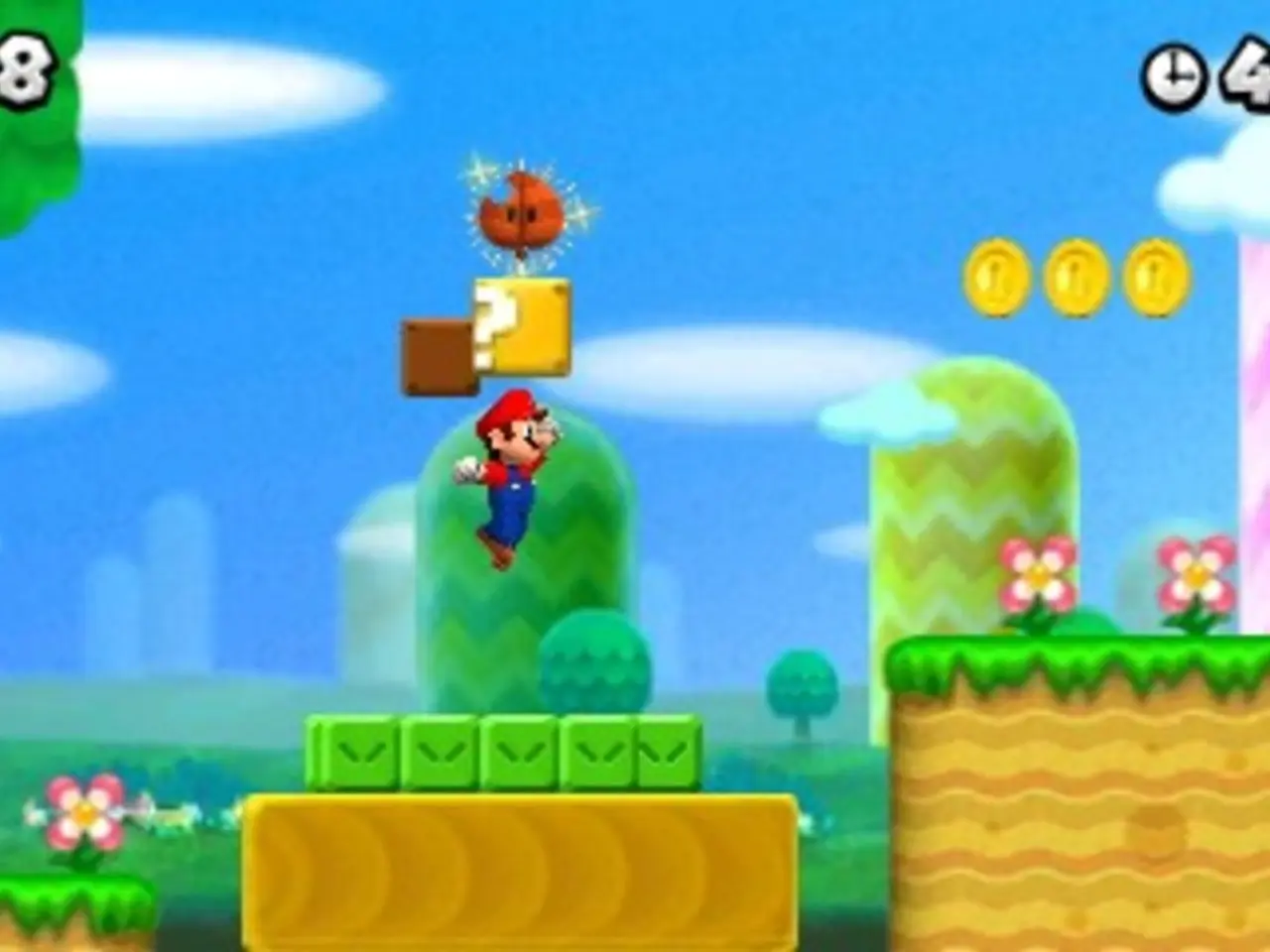Excessive pursuit of profits and compulsive focus on service-oriented games are fueling the demise of the video game industry.
In the dynamic world of video games, Sony's recent strategic shift has sparked a wave of concern among analysts, PlayStation fans, and industry veterans alike. The tech giant, once renowned for its high-quality, story-driven single-player games like The Last of Us, God of War, and Ghost of Tsushima, is now prioritising profit-oriented live service games.
This transformation, some argue, could be detrimental to the creative potential of game developers. A former Bend Studio employee, who recently voiced their criticism, believes that this approach could be catastrophic for the industry in the long run. They attribute the destruction of developers' creative potential to corporate greed, and the focus on profit maximization in the video game industry.
The former Bend Studio employee's comments have added to the concerns of gamers and industry veterans about the current direction of the industry. They suggest that strong ideas and high quality are the only things that can guarantee success in today's gaming industry. Sharp pivots from story-driven single-player games to service games could undermine fan loyalty and lower product quality.
The video game industry's transformation, prioritising profit maximization over player desires and creativity, has been a cause of concern. The new profit-oriented live service games produced by Sony, such as Concord, Foamstars, and a now-canceled God of War live service game, have raised eyebrows. Out of an initial plan for 12 live service games by 2025, most have been canceled or shut down, with Helldivers 2 being the only successful launch so far. This has caused concern about the strategy's viability and its potential impact on PlayStation exclusives.
The former Bend Studio employee believes that this direction in the industry disrupts the balance between commercial interests and creativity, turning game development into a soul-less, mechanized business process. They highlight the tension between commercial success and creative freedom in the video game industry, a tension that has become increasingly apparent in recent years.
As the industry continues to evolve, the debate between commercial success and creative freedom remains a crucial one. It's increasingly difficult to hold the attention of gaming audiences, making the need for strong ideas and high quality even more critical. The former Bend Studio employee, and many others, hope that the industry will find a way to balance these two important aspects, ensuring that the future of gaming remains vibrant and creative.








